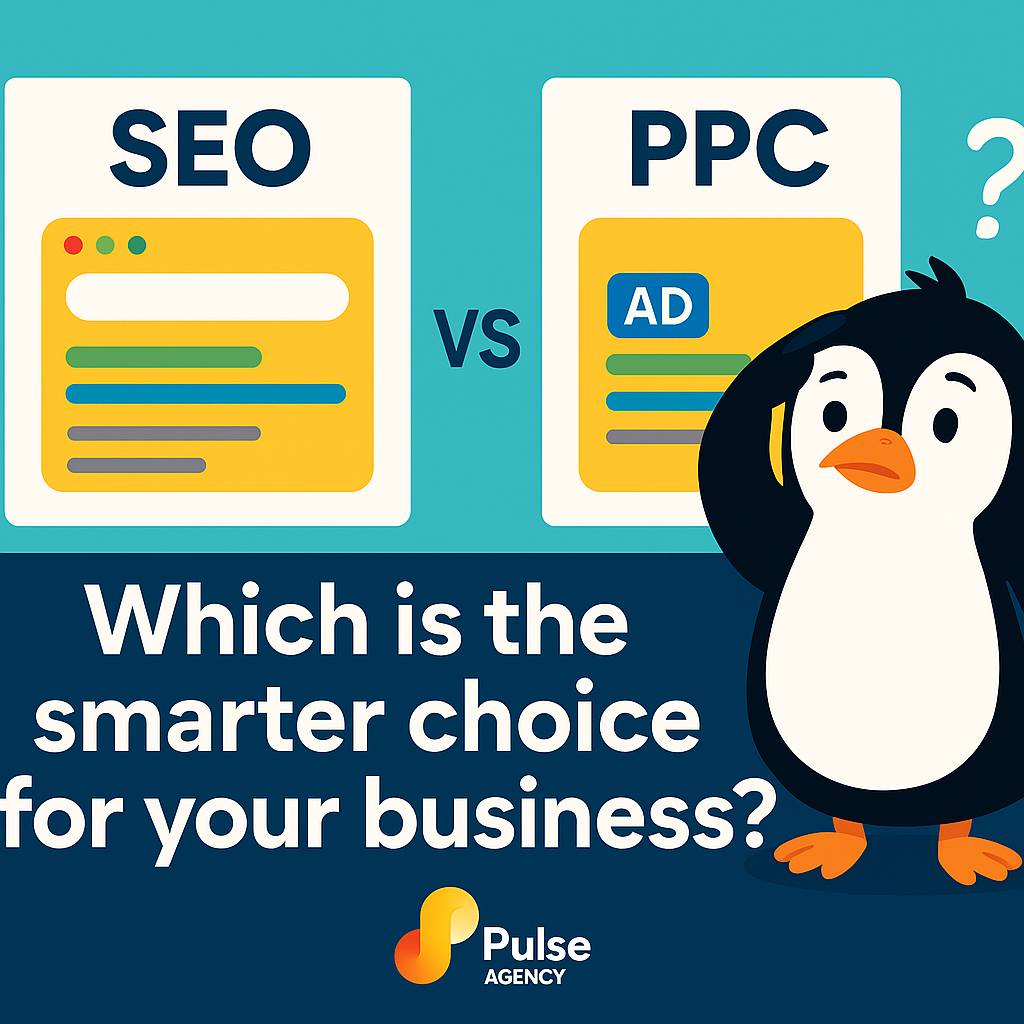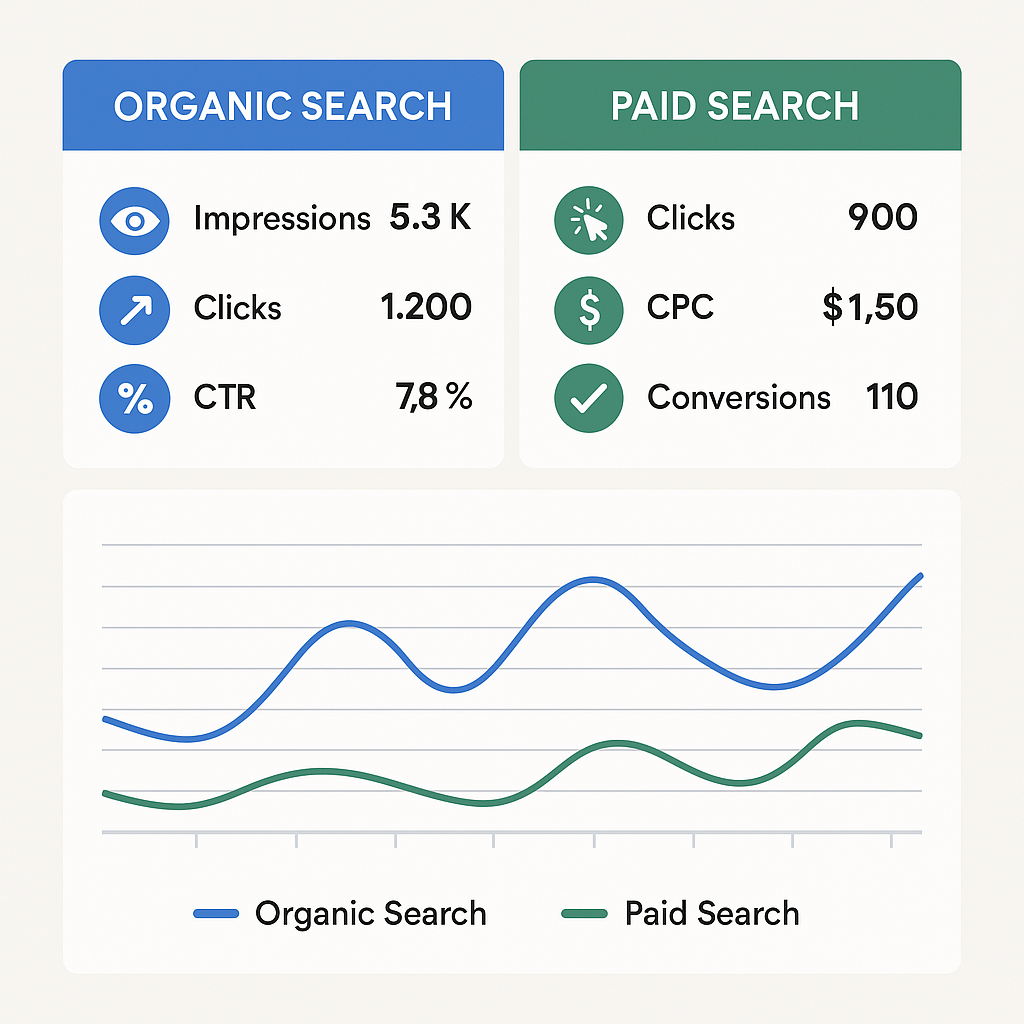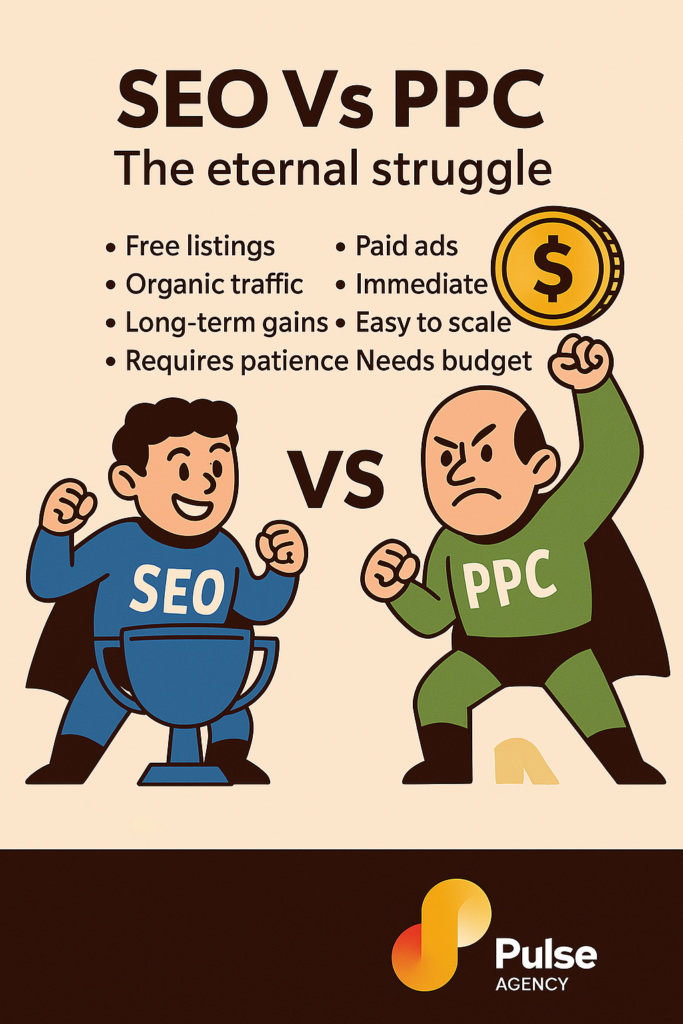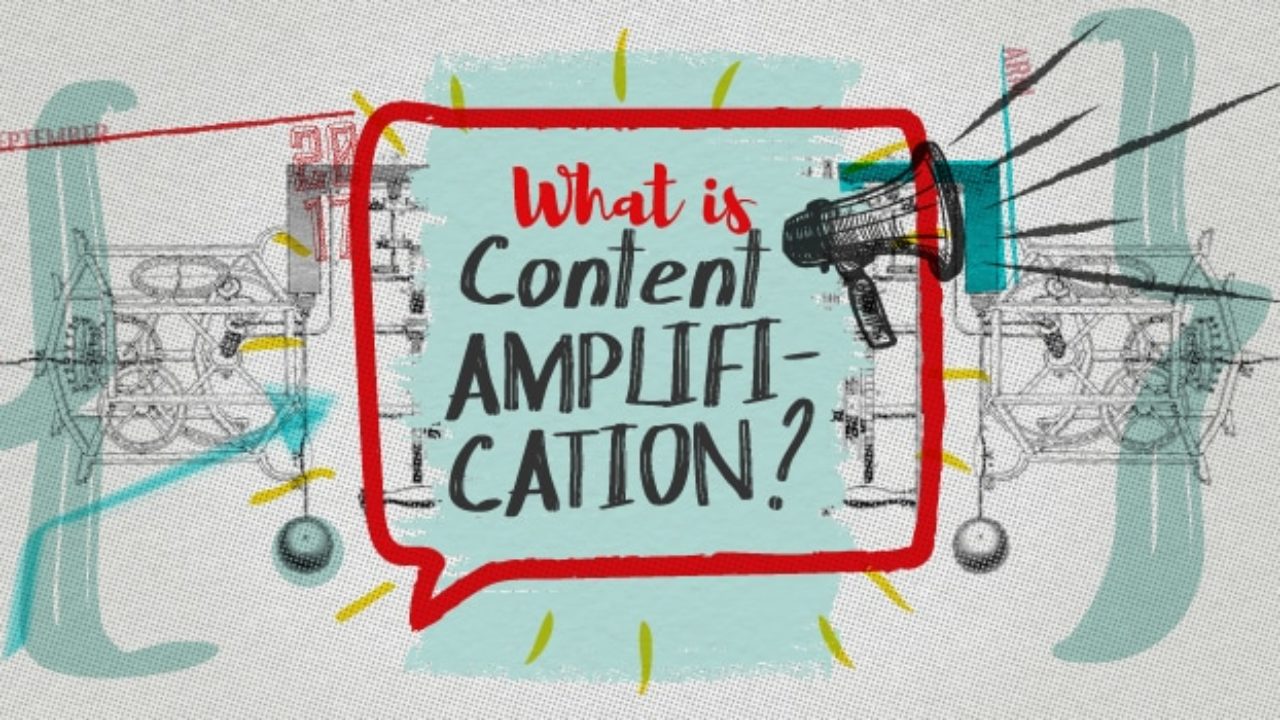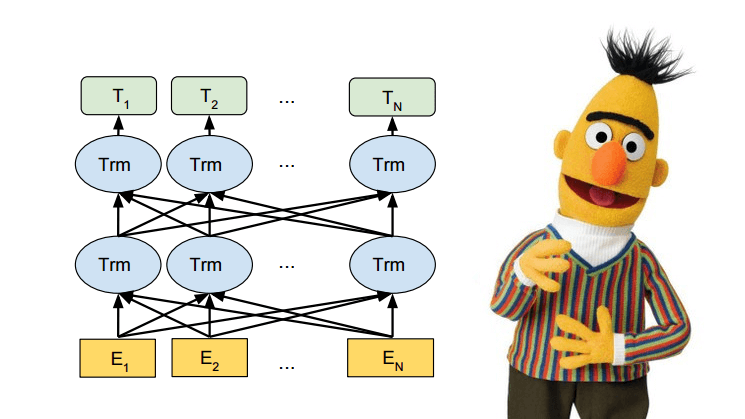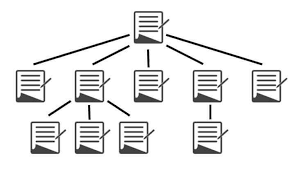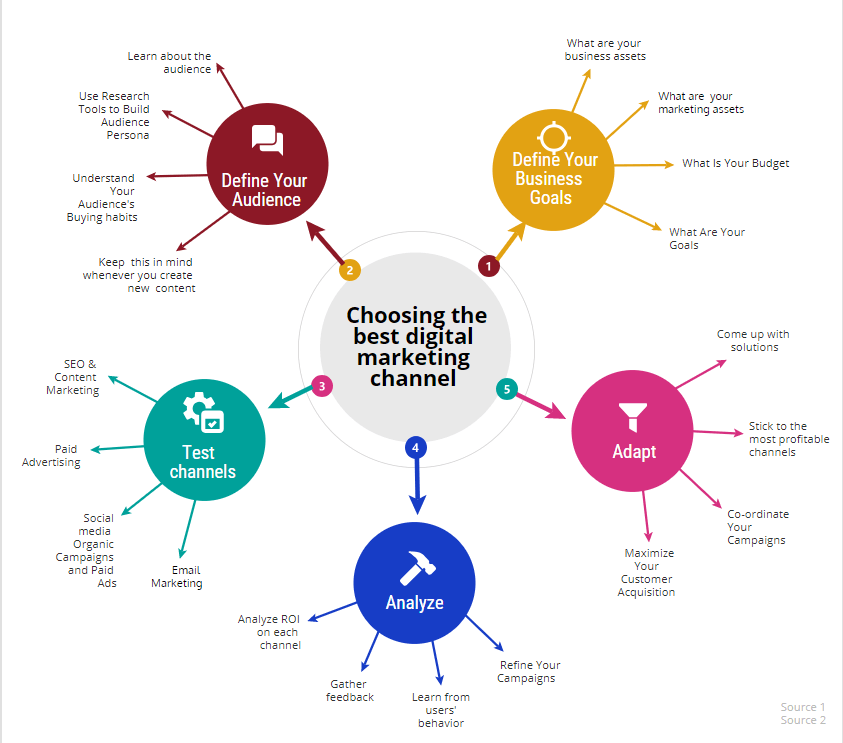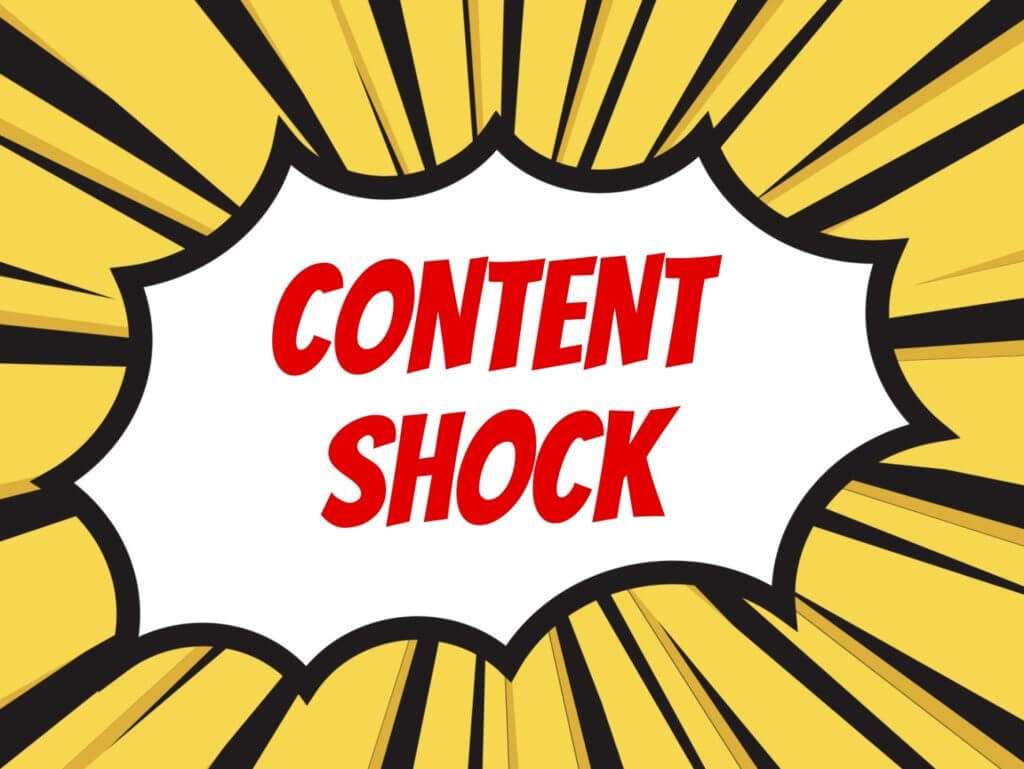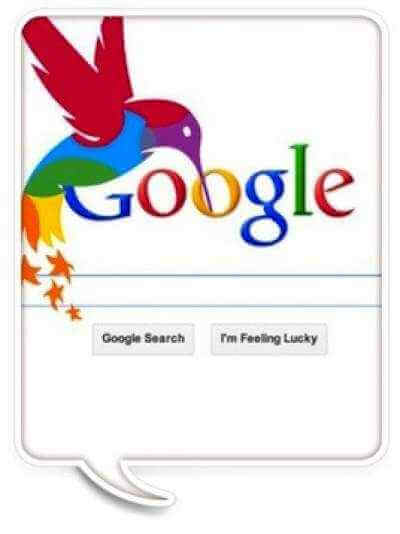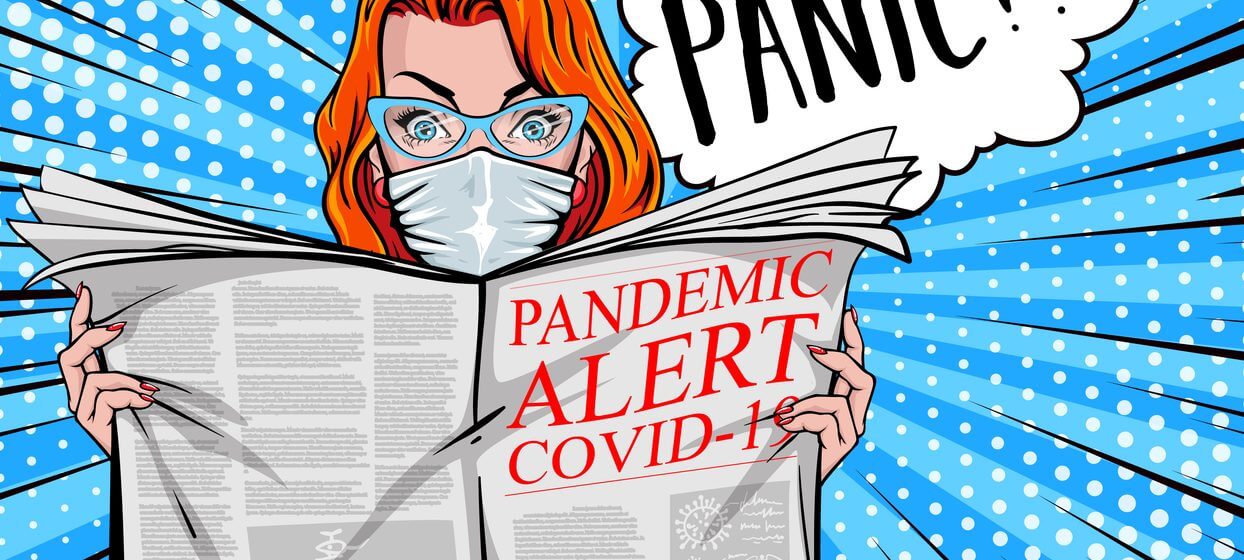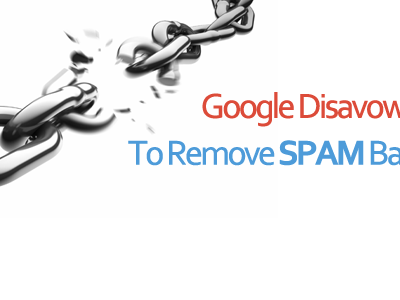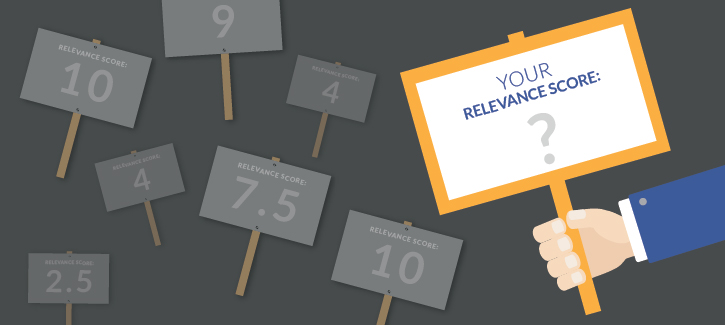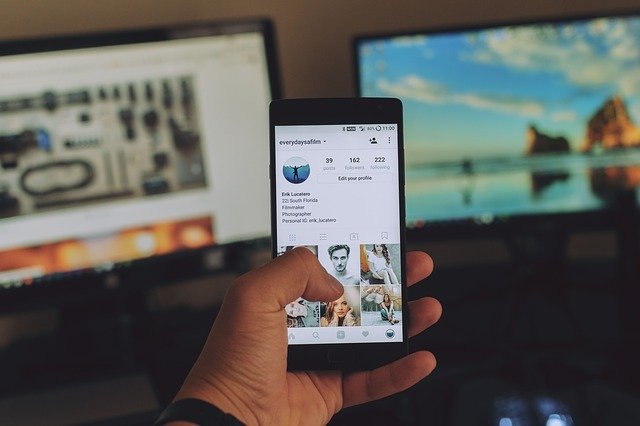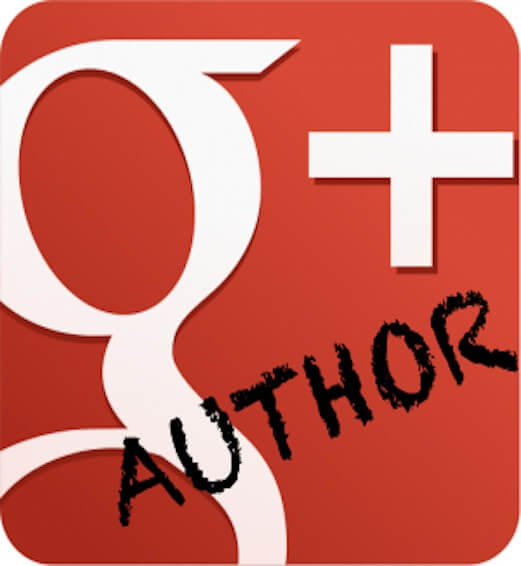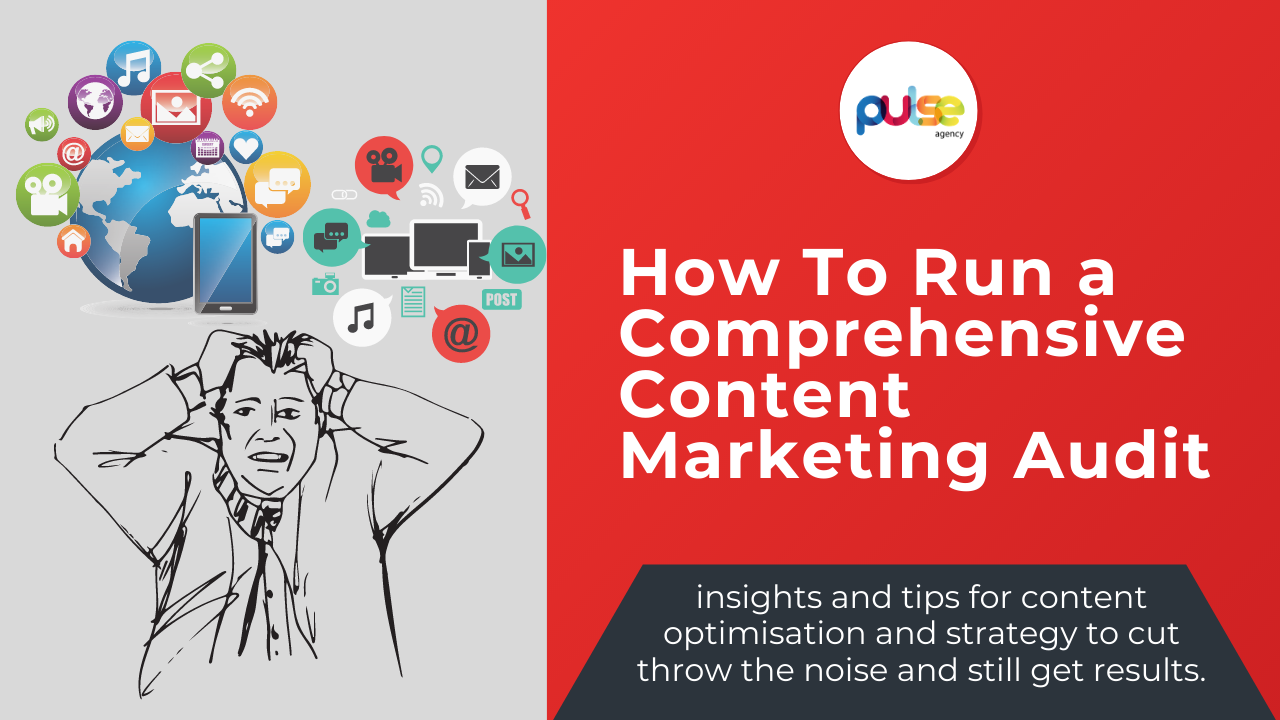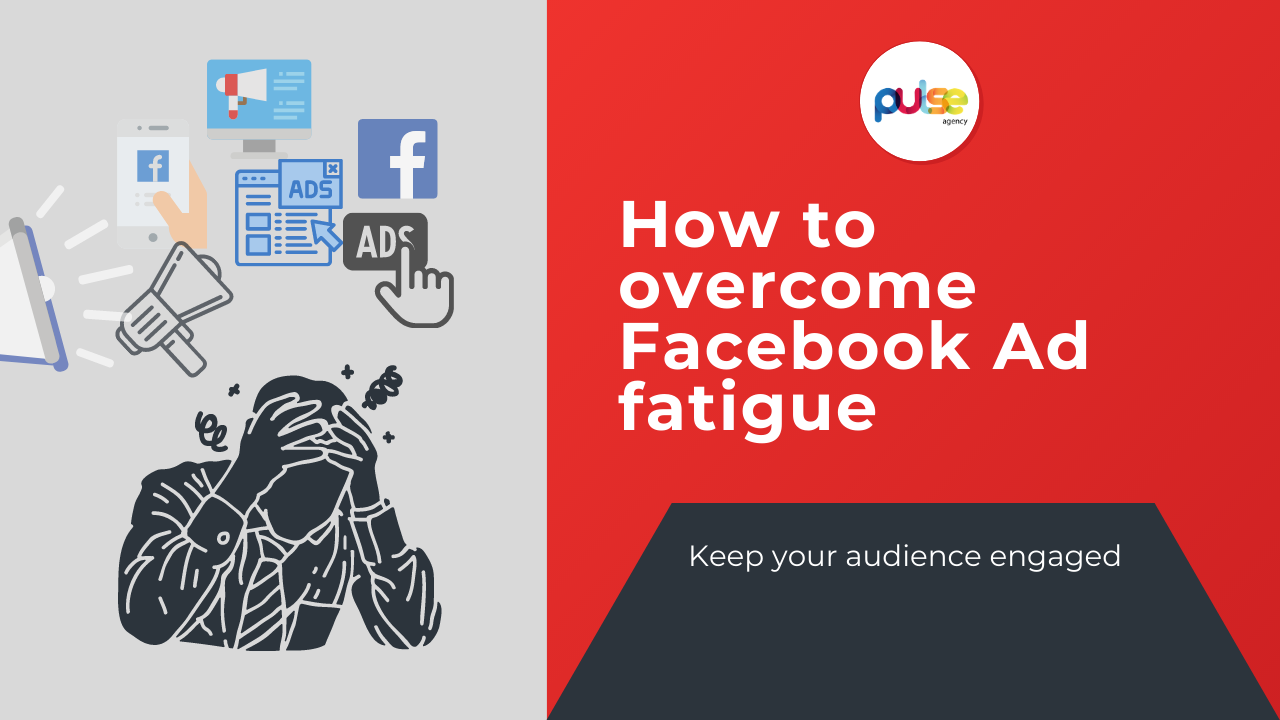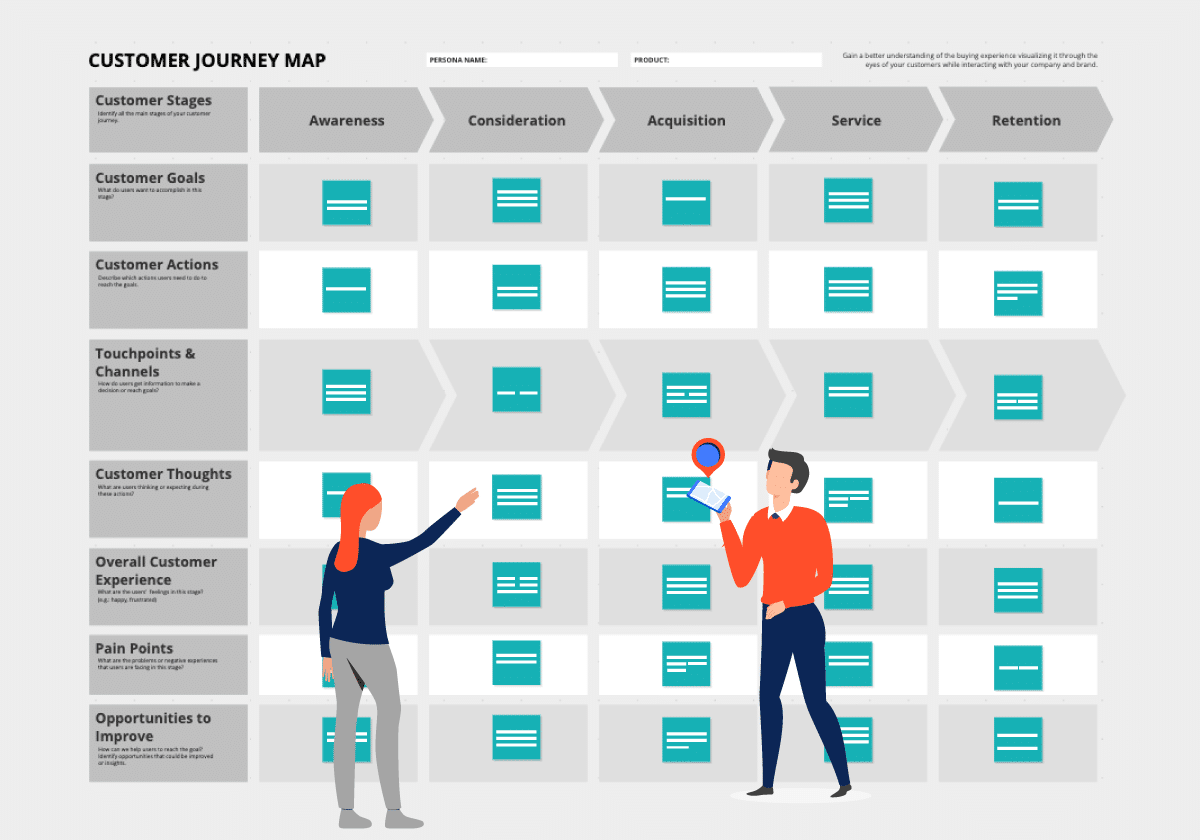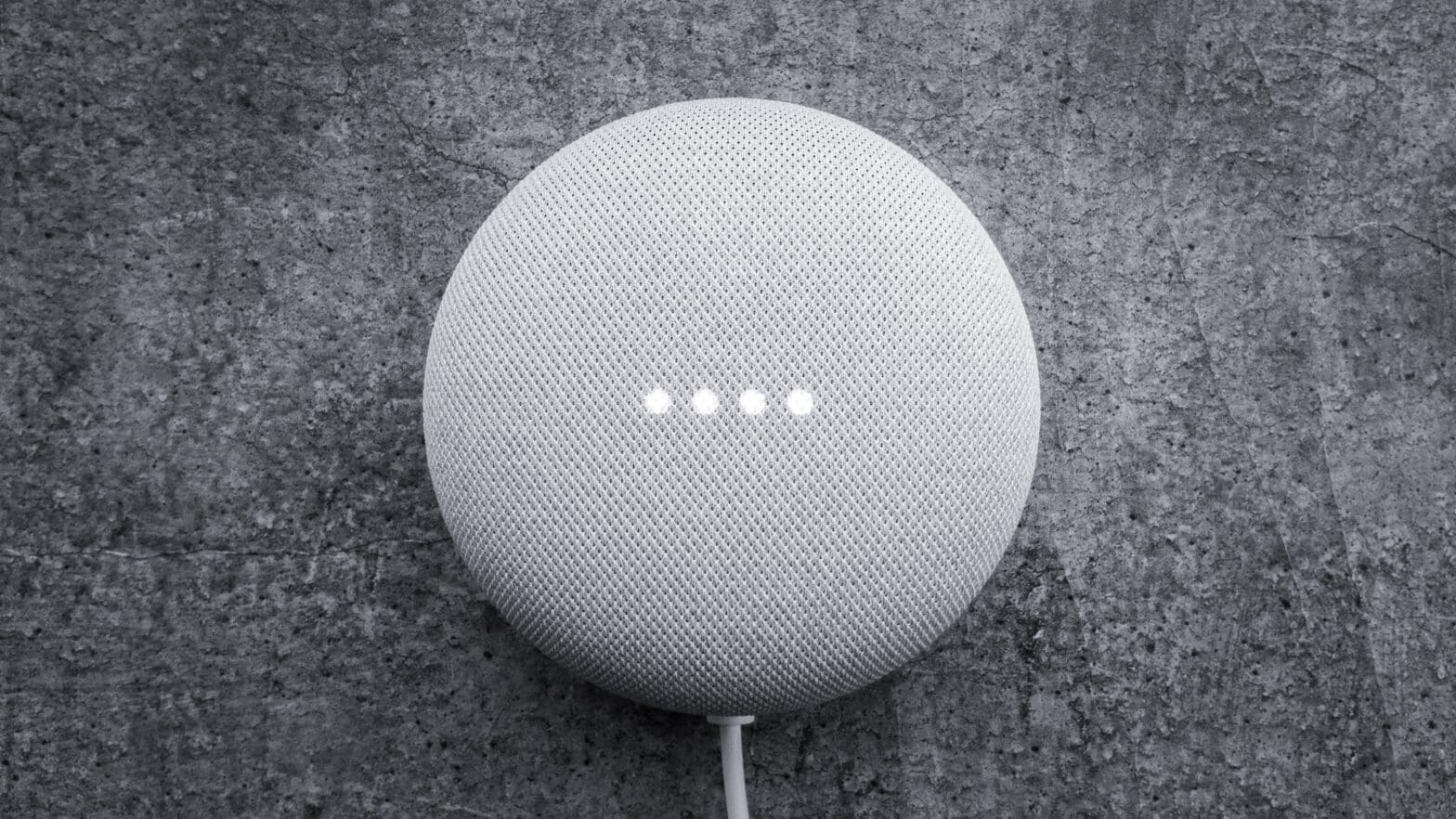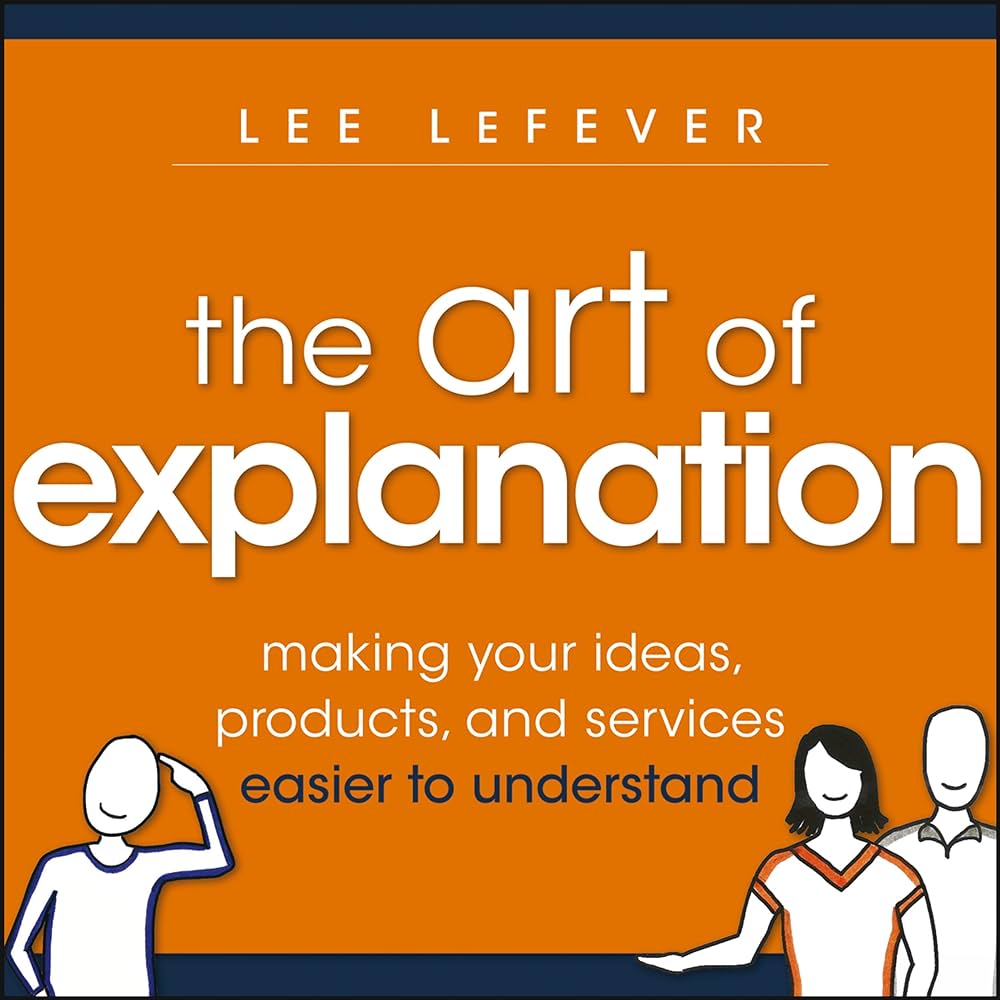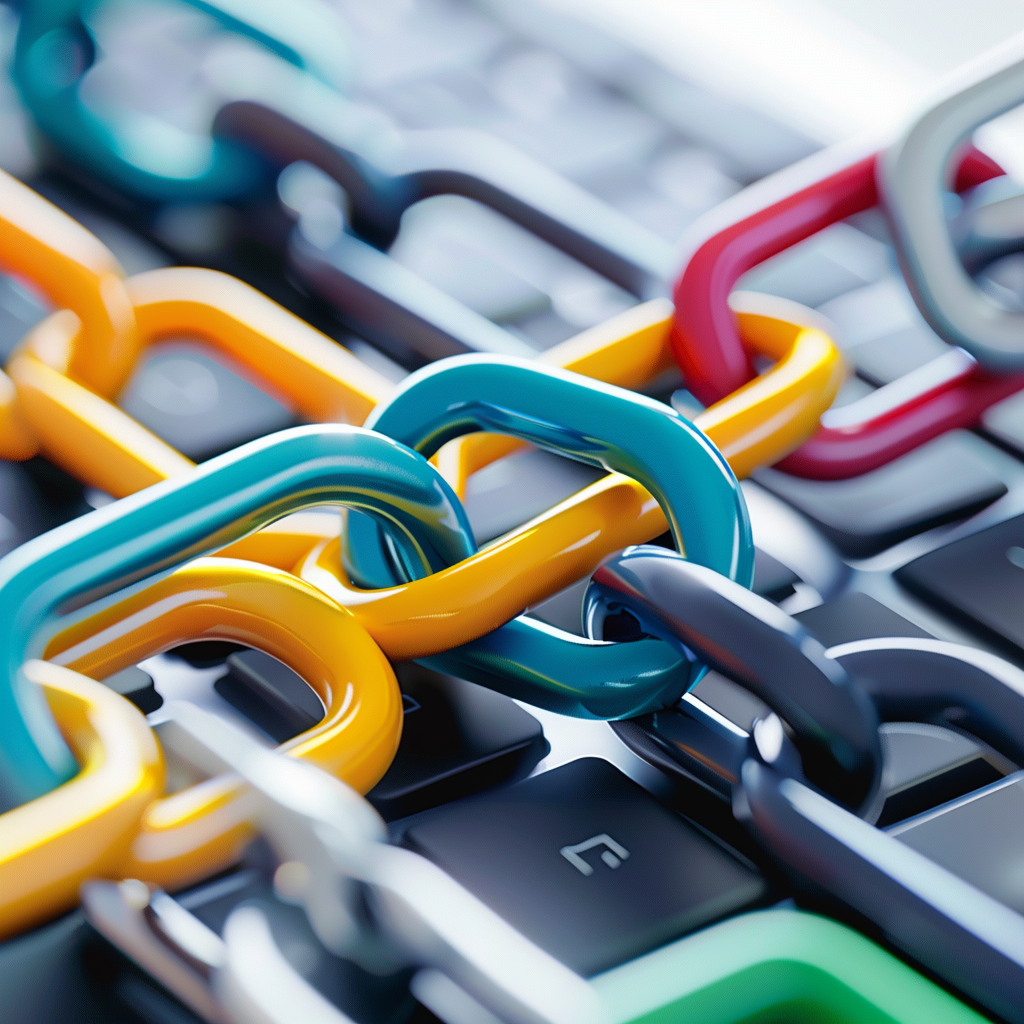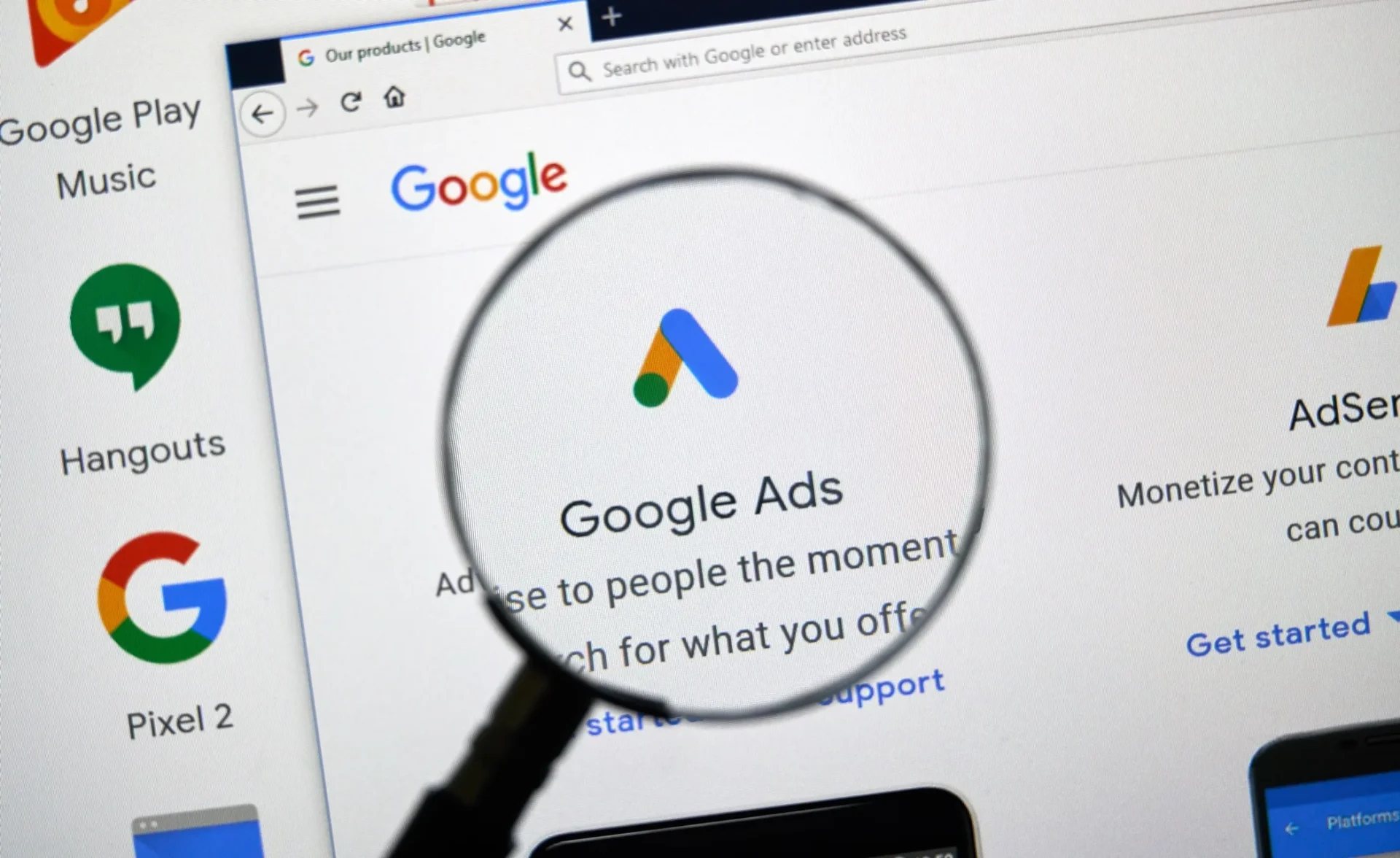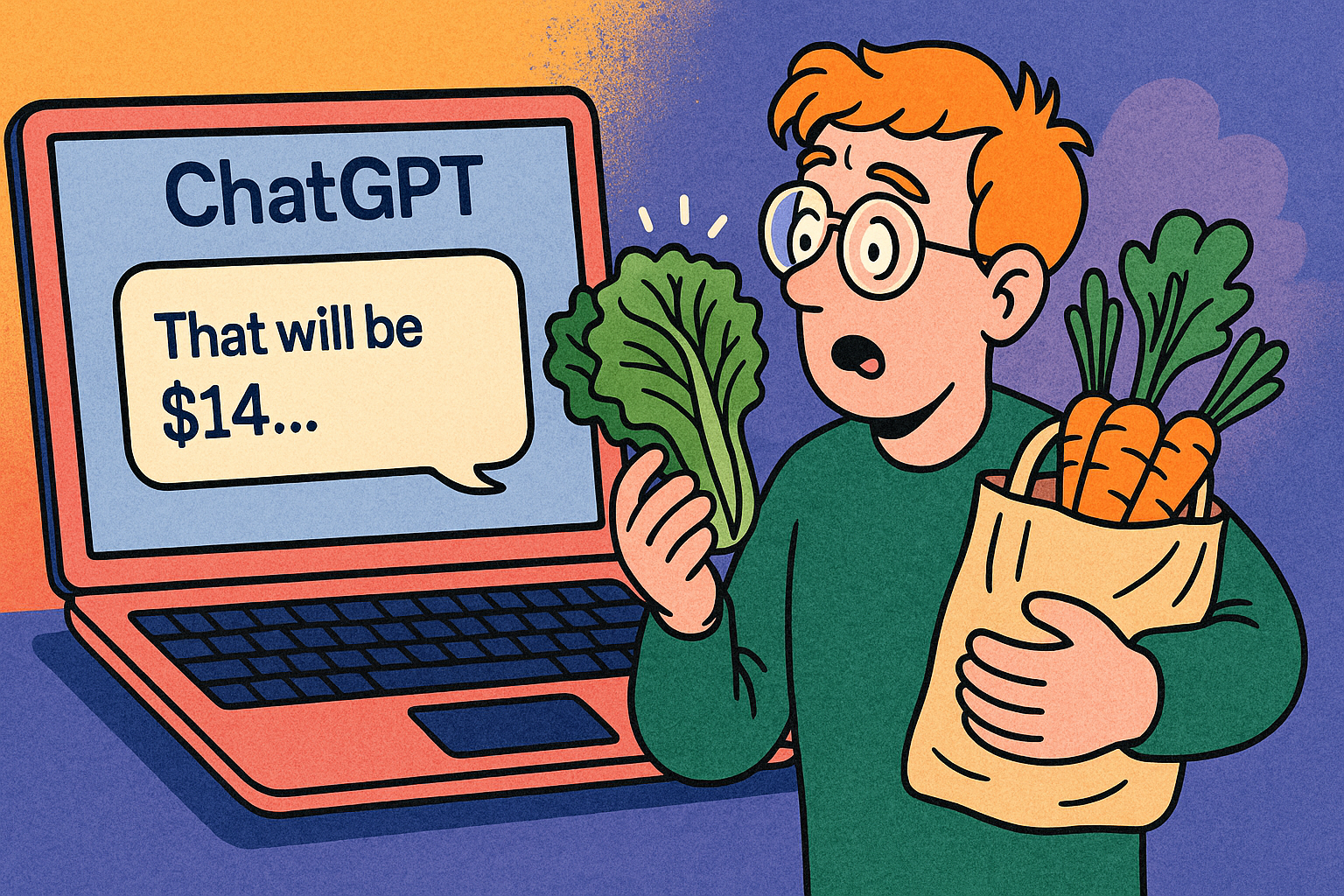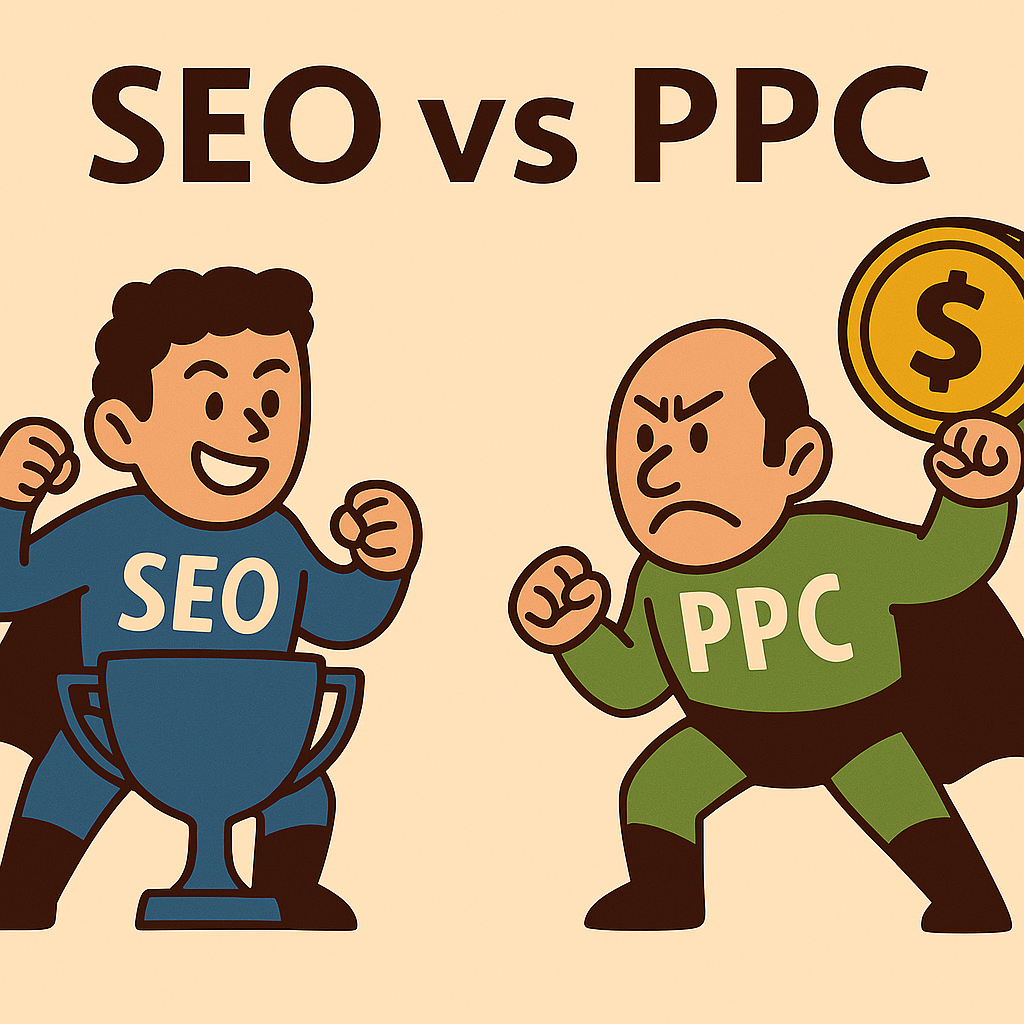
SEO vs PPC: Which is the best choice for your business?
SEO vs PPC: Which is the best choice for your business? SEO vs PPC—which deserves your marketing budget? If you’re a marketer or small business owner, you’ve undoubtedly wrestled with this question. Let’s cut through the noise and clearly understand the strengths, weaknesses, and opportunities these two powerful digital marketing strategies offer. SEO and PPC […]
SEO vs PPC: Which is the best choice for your business?
SEO vs PPC—which deserves your marketing budget? If you’re a marketer or small business owner, you’ve undoubtedly wrestled with this question. Let’s cut through the noise and clearly understand the strengths, weaknesses, and opportunities these two powerful digital marketing strategies offer.
SEO and PPC clearly defined
Search Engine Optimisation (SEO) is like planting seeds for future success. It involves optimising your website’s content, structure, and credibility to achieve higher organic rankings in search engines. Think of SEO as cultivating your garden—careful tending now brings steady, sustainable traffic later.
Pay-Per-Click (PPC), meanwhile, is the instant coffee of the marketing world. You bid on keywords, and your ads appear right away. You pay each time someone clicks your ad. It’s quick, measurable, and immediate.
Marketing expert Rand Fishkin often highlights the necessity of integrating SEO and PPC, emphasising how users naturally engage with both organic and paid results seamlessly.
SEO vs PPC: Pros and cons table
| Strategy | Advantages | Challenges |
| SEO | Cost-effective long-term, builds credibility and trust, sustainable traffic | Slow results, algorithm dependence requiring constant adjustments |
| PPC | Immediate visibility, precise targeting, measurable ROI | High ongoing costs, temporary visibility, competitive bidding |
Why combining SEO and PPC is smarter
Here’s the big secret many marketers miss: integrating SEO and PPC provides a far greater advantage than choosing one alone. Think of SEO as your long-term investment, while PPC gives you immediate traffic boosts and critical insights.
For instance, Google’s Organic & Paid Report is a powerful tool to integrate these two strategies:
- Log into your Google Ads account.
- Navigate to the Reports tab.
- Select “Predefined Reports,” then “Basic,” and choose “Paid & Organic.”
- Analyse how your keywords perform organically versus paid.
- Optimise your PPC strategy and SEO content based on these valuable insights.
This integration allows you to dominate search engine results, build deeper trust, and improve user engagement.
Key considerations before choosing your approach
Selecting between PPC and SEO isn’t just about preference; it’s about strategic analysis.
- Assessing your competitiveness
Analyse these critical factors:
- Website quality: Is your content engaging, well-structured, and technically sound?
- Brand visibility: How recognisable and trusted is your brand in your industry?
- Backlinks and rankings: What does your current SEO footprint look like?
Understanding how long and what resources you’ll need to reach the top organically is crucial. Moreover, explore what SERP features are available—featured snippets, knowledge panels, local packs, image packs, maps, and AI-driven features. For deeper insights, check out SEMrush’s extensive guide on SERP features.
- Evaluating PPC competition
Examine the PPC landscape closely:
- Keyword competition: How many competitors are bidding?
- Cost per click (CPC): Is it cost-effective for your budget and ROI goals?
How your business stage influences the decision
Here’s something often missed in this conversation: your business stage massively affects your SEO vs PPC balance.
- Startups and new businesses: You likely need results fast. PPC gives you immediate visibility while you work on SEO in the background. A local café, for example, may run Google Ads for “best coffee in Surry Hills” while slowly building up local SEO through reviews and Google Business Profile updates.
- Established brands: If you’ve got existing domain authority, content assets, and a recognisable name, SEO might be your highest-ROI channel. PPC then becomes a precision tool—used for retargeting, product launches, or competitive defence.

Real-world SERP examples: PPC and SEO implications
Let’s say someone searches “solar installers Melbourne.”
- At the top, you’ll likely see 3–4 paid listings (PPC).
- Below: a local map pack (local SEO).
- Then, organic listings (SEO), which may include blog content, service pages, and review aggregators.
This one search includes multiple SERP features—ads, maps, featured snippets. If you’re only doing one or the other, you’re literally invisible in some parts of the page.
Industry-specific considerations
Different industries may lean towards one strategy based on their unique needs:
- E-commerce: Often relies heavily on PPC for immediate product visibility, supported by SEO for sustained traffic.
- Local services: Benefit significantly from strong local SEO combined with location-targeted PPC campaigns.
- B2B businesses Typically invest heavily in SEO to establish long-term authority and credibility, supplemented by targeted PPC campaigns for immediate lead generation.
Debunking common myths
Let’s set the record straight on a few things:
- “SEO is free” – It’s not. It takes time, content creation, link-building, and technical optimisation.
- “PPC guarantees conversions” – Nope. You can pay for visibility, but if your landing pages aren’t compelling or your targeting is off, you’re just burning cash.
- “You must choose one or the other” – This mindset is outdated. As Rand Fishkin and others point out, the SERP is a dynamic ecosystem. You want to show up in as many places as your audience is paying attention.

Expert insights: Quotes from SEO specialists
- Aleyda Solis emphasises: “The best SEO strategies consider user intent and context, not just keyword targeting.”
- Lily Ray advises: “SEO success today requires adapting to Google’s evolving algorithms by focusing on quality, relevance, and user experience.”
- Brodie Clark notes: “A robust SEO strategy leverages various SERP features to enhance visibility and capture more organic traffic.”
- Cyrus Shepard recommends: “SEO is best when aligned with real user needs—not just rankings.”
Your customers don’t care about SEO vs PPC—and neither should you
Here’s the thing—your customers don’t care if they find you via an ad, a blog post, a map listing, or a product page. They just want answers, and they want them now.
As marketers, we often get caught up in internal debates. But that’s an inside-out view. Users are operating in the SERP—they don’t see “channels,” they see results. Some paid, some organic, some visual.
So the smart play isn’t SEO or PPC. It’s SEO and PPC. Used thoughtfully, with clear goals, realistic timelines, and honest analysis of your assets.
Still treating SEO and PPC separately? You’re likely missing out. Dive into Google’s Organic & Paid Report today, or get in touch with professionals who can guide your business towards clear online success.
FAQs
What’s the main difference between SEO and PPC? SEO is about achieving long-term organic search visibility, while PPC provides immediate paid search visibility.
Should businesses use SEO, PPC, or both? The most effective approach integrates both. Using Google’s Organic & Paid Report can help optimise this combined strategy for maximum impact.
How long does SEO take to work? Depending on your industry and competition, it can take anywhere from 3–12 months to see consistent results. PPC, on the other hand, can deliver traffic within hours.
Is PPC worth it for small budgets? Yes—if you’re strategic. Focus on low-competition keywords, use geographic targeting, and constantly test your ad copy and landing pages.
Can SEO and PPC data work together? Absolutely. PPC data can inform SEO keyword targeting, while SEO rankings can reduce your paid ad spend by improving quality scores.


